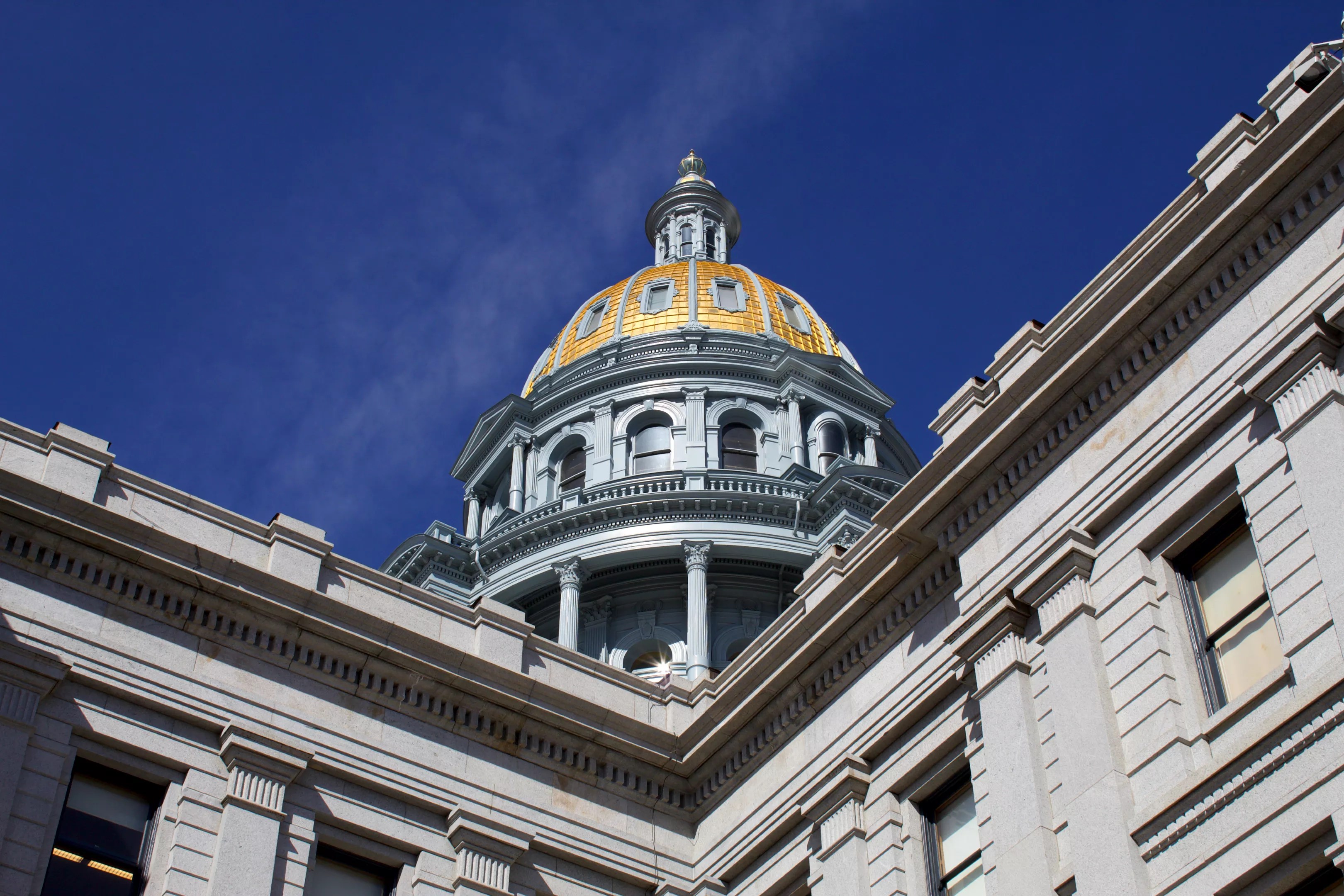
Hannah Metzger

Audio By Carbonatix
If at first you don’t succeed, try, try, try again.
Colorado’s 2025 legislative session concluded on May 7, sealing the fate of 657 bills introduced over the past 120 days. Hundreds of new state laws were passed by the legislature, though 171 others were rejected by lawmakers, two were vetoed by Governor Jared Polis, and many more are still awaiting final consideration from the governor.
But that doesn’t mean you’ve seen the last of these failed policies. It is common for lawmakers to introduce different versions of similar bills over multiple years before the proposals finally clear the legislature, making tweaks based on debate and feedback from years prior.
Here are a few big bills that fell short this year, but are likely to return come the 2026 legislative session in January:
Labor Peace Act and Union Formation Reform
Senate Bill 25-005 sought to remove a requirement from the state’s Labor Peace Act that mandates unionized workers pass a second election to negotiate the provision of union contracts that address dues and fees. Supporters say it would eliminate an unnecessary barrier to union organizing, while opponents argue it threatens worker choice. The bill passed the legislature, but Polis has said he intends to veto the bill in the coming weeks after negotiations on amendments fell through.
Stephanie Felix-Sowy, president of SEIU Local 105, says union groups will be pushing the bill again in 2026. “We’re going to be back. If he doesn’t sign it, it will be back on his desk next year,” Felix-Sowy said during a rally on Tuesday, May 13. “And it will be on the next governor’s desk after that.”
Open Records Act Reform
Senate Bill 25-077 would have given governments more time to respond to open records requests from people and businesses, though not from journalists, in an attempt to ease the burden on public officials overwhelmed by an increasing volume of requests. The bill passed the legislature but was vetoed by Polis, who argued it would reduce government transparency and unfairly treat the general public’s requests as less important. Lawmakers declined to hold a vote to try to override the veto.
Bill sponsor Representative Matt Soper says he will revisit the issue next year. “It will be in a different form, but I will be talking to stakeholders and sponsors about a negotiated approach that balances the need for transparency in a timely manner with the challenges of compliance, especially from our rural public hospitals, fire districts, and water districts,” Soper tells Westword.
Age Checks for Porn Websites
Senate Bill 25-201 attempted to require that pornography websites verify the ages of Colorado users to prevent minors from accessing sexually explicit material. The bill passed a committee vote 8-1 but stalled before reaching the full Senate. Sponsors ultimately tabled the bill amid privacy concerns from Polis and opposition centered around legal challenges to a similar law in Texas that is now being reviewed by the U.S. Supreme Court.
Bill sponsors say they plan to return to the issue next year, after the Supreme Court ruling, which is expected to come this summer. “We are confident that this bill has a path forward through the legislature,” Senator Lindsey Daugherty said in an April statement.
Illegal Activity on Social Media
Senate Bill 25-086 would have regulated how social media companies respond to illegal conduct on their platforms, with advocates saying it would help protect children from sexual exploitation and accessing drugs and weapons. The bill passed the legislature but was vetoed by Polis in April, arguing that it violated free speech; an attempt to override the veto failed. Advocates have been pushing for the policy for years, including via a similar bill that failed in 2024.
Bill sponsor Representative Andrew Boesenecker says he will bring the bill back in the future and is weighing whether to re-introduce it next session. “We need to connect with families and advocates to see what they’re thinking and then we’ll make a decision,” Boesenecker tells Westword. “That hasn’t happened yet. Folks were obviously very upset with how things played out and we need to give a little time before pulling together.”
TABOR Lawsuit
House Joint Resolution 25-1023 would have initiated a lawsuit to challenge the constitutionality of Colorado’s Taxpayer’s Bill of Rights. The 1992 TABOR amendment limits how the state government and local governments can raise and spend money. Some Democratic legislators say it prevents the government from adequately funding needed services like transportation and education, while supporters argue it forces politicians to explain their spending to the people. The resolution cleared a committee vote 7-6 but never received a full House vote, dying on the calendar due to alleged scheduling constraints.
During a news conference earlier this month, Majority Leader Monica Duran said she expects the effort will come back in some form next session. Resolution sponsor Representative Lorena García tells Westword the sponsors are “leaving all options on the table” regarding what form that will be. “We are strategizing on the best way to move forward with TABOR reform/repeal efforts,” she adds.